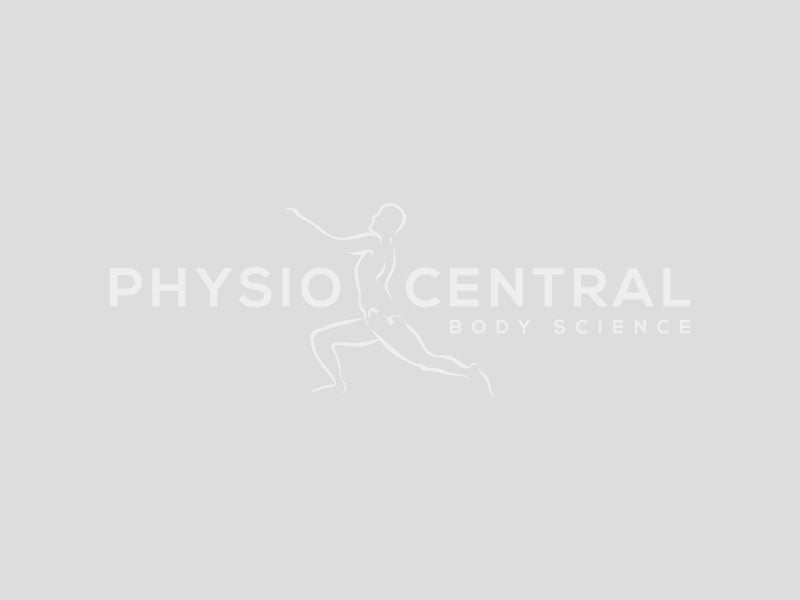Pre and Postnatal Assessments
Are you preparing for childbirth? If so you want to make sure everything is taken care of. This includes your health. At PhysioCentral our qualified physiotherapists can assess you before and after childbirth and give you exercise programs to keep you in and get you back in the best possible shape. Being prepared can prevent things such as back and neck pain, it can keep you fit and active well into your pregnancy and it can help make childbirth easier as you are stronger in your core and pelvic muscles. This also helps you recover faster after the birth. We can assess postnatal conditions such as rectus diastasis (stomach muscle gap) with real-time ultrasound, and design a program suitable for different levels of recovery.

